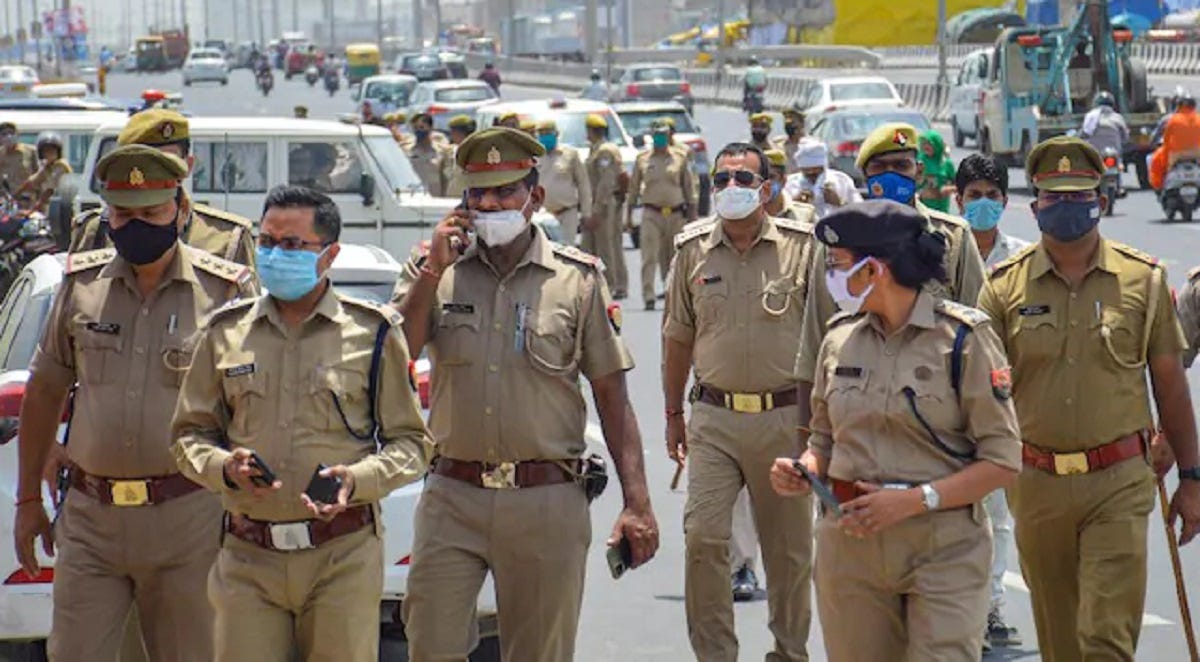Justice in Uniform: Amanat Mann IPS and the Evolution of Policing in Tamil Nadu
Indian Bureaucracy | Public Leadership | Women in Uniform
When it comes to public service in India, some careers are shaped by systems—and some redefine them. Amanat Mann, a 2012-batch Indian Police Service (IPS) officer, stands at the intersection of both.
Earlier this month, amid a sweeping reshuffle of 18 officers in the Tamil Nadu Police, Amanat Mann IPS was appointed Assistant Inspector General of Police (AIGP), Social Justice and Human Rights, based in Chennai. While many saw this as a routine administrative change, those familiar with her journey understand its larger significance.
A Voice for Equity Within the System
Amanat Mann’s public service career has consistently emphasized equity, rights, and institutional accountability. Born in Punjab, she entered the IPS with a 194th All India Rank in the 2012 UPSC Civil Services Exam, topping the IPS list from her home state.
But her journey wasn’t without friction. Initially assigned a cadre different from her preference, she pursued legal recourse—and won. The Central Administrative Tribunal’s decision in her favor marked a rare moment when a young officer stood up against procedural rigidity and prevailed. It was an early indication that Mann wouldn’t be a passive participant in the system she swore to serve.
The Weight of a New Role
Now, as AIGP for Social Justice and Human Rights, Amanat Mann is stepping into one of the most nuanced and critical policing roles in the state. Her new assignment involves:
Oversight of cases related to caste-based atrocities, discrimination, and social unrest
Ensuring compliance with human rights protections, especially among vulnerable populations
Acting as a liaison between law enforcement, civil society, and administrative bodies on justice-related issues
Promoting reforms that move policing beyond punishment to protection and equity
In a state as socially complex and politically active as Tamil Nadu, this is no symbolic post. It requires strategy, empathy, and institutional command—all traits that have defined Mann’s career so far.
The Larger Context: Policing Under Scrutiny
The Tamil Nadu Police Department’s June 2025 reshuffle wasn’t without controversy. Among the changes was the reinstatement of DIG D. Magesh Kumar, previously suspended following a sexual harassment complaint, now posted to the Coastal Security Group.
Such decisions have drawn both scrutiny and debate, highlighting the fragile balance between internal disciplinary mechanisms and public accountability in law enforcement.
Against this backdrop, Amanat Mann’s appointment signals a different kind of leadership—one that emphasizes not just discipline, but dignity. It is a reminder that policing, when grounded in justice, has the power to repair its own image.
Why Her Journey Matters
In a country where less than 12% of IPS officers are women, every appointment carries weight. But Mann’s rise isn’t merely about representation—it’s about substance.
Her combination of legal insight, moral clarity, and administrative tact makes her a standout not just among women officers, but among IPS leadership as a whole.
More importantly, her posting to the Social Justice & Human Rights wing represents something India’s policing system desperately needs—officers who can interpret the law through the lens of lived experience and social complexity.
What to Watch
Will Amanat Mann bring systemic change to the department she now helps lead? Can she turn one of Tamil Nadu’s most socially sensitive police wings into a model of people-first governance?
If her record so far is any indication, the answer is yes—quietly, effectively, and without needing a spotlight.
For more stories on governance, public institutions, and the people quietly shaping India's future, subscribe to this Substack and join the conversation.




